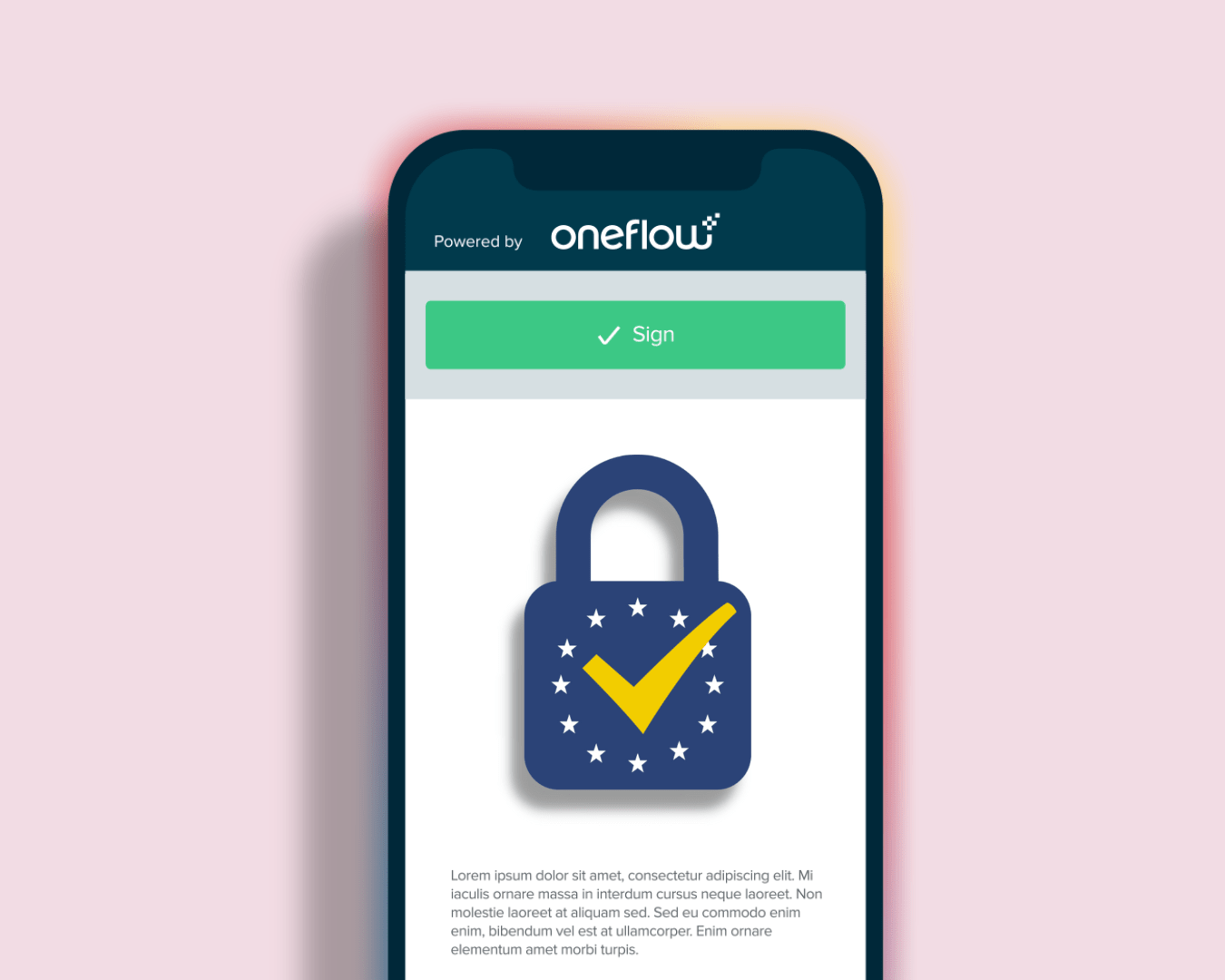A Power of Attorney (POA) is an essential legal document in the UK that enables one person (the donor) to give another person (the attorney) the authority to act on their behalf. Whether you want someone to help manage your finances, make health decisions, or handle legal matters, understanding how to properly sign a POA ensures your wishes are upheld and your affairs are in safe hands.
In this guide, we’ll walk you through the key aspects of signing a Power of Attorney in the UK, including the types available, who’s involved, and how the process works.

What is a Power of Attorney?
In the UK, a Power of Attorney is a legal document allowing an individual (the donor) to authorise someone else (the attorney) to act on their behalf. This can be for a one-off situation or on an ongoing basis, depending on the type of POA granted.
Types of Power of Attorney in UK:
- Ordinary Power of Attorney – Suitable for temporary or specific arrangements, e.g. if you’re abroad or recovering from illness. It only applies while the donor has mental capacity.
- Lasting Power of Attorney (LPA) – There are two types: Property and Financial Affairs LPA – Lets the attorney manage bank accounts, pay bills, or sell property & Health and Welfare LPA – Allows the attorney to make decisions about medical treatment, care arrangements, or daily routine, but only if the donor loses capacity.
- Enduring Power of Attorney (EPA) – Replaced by LPAs in 2007, but existing EPAs made before that date can still be used for financial matters if registered.
Read also: What is the difference between an attorney and a lawyer?
Things to Consider Before Signing a Power of Attorney
Before signing a POA, you should:
- Choose the right attorney – Select someone you trust implicitly, as they may have significant control over your affairs.
- Define the powers granted – Make it clear what the attorney can and cannot do.
- Understand the legal implications – A POA is a powerful legal tool, so it’s vital to know what you’re authorising.
- Check registration requirements – LPAs must be registered with the Office of the Public Guardian (OPG) before they can be used.

Who is involved?
- Donor – The person giving authority.
- Attorney – The individual appointed to act on the donor’s behalf.
- Witnesses – Required when signing the document to verify the donor’s and attorney’s signatures.
- Certificate Provider – For LPAs, a person who confirms the donor understands the implications and isn’t under duress.
How to sign Power of Attorney: Step-by-step
Step 1: Choose and Complete the Correct Form
Use the GOV.UK website to access LPA forms, or contact a solicitor for help. You’ll need separate forms for each type of LPA (Property and Financial Affairs, and Health and Welfare).
Read also: Online contract signing: A complete guide
Step 2: Sign in the Correct Order
The signing order is important:
- The donor signs first.
- The certificate provider signs next.
Attorneys sign last.
Each signature must be witnessed (excluding the certificate provider’s signature).
Step 3: Register with the Office of the Public Guardian
LPAs must be registered with the OPG before they can be used. You can apply online or by post. The process takes up to 20 weeks, so plan ahead.
Step 4: Store and Share Copies
Once registered, store the original LPA securely. Provide certified copies to attorneys and any organisations (banks, doctors, care homes) that may need it.
Step 5: Revoke or Amend if Necessary
If your circumstances change, you can revoke an LPA at any time—provided you still have mental capacity. You’ll need to notify the attorneys and the OPG in writing.
Common Use Cases for a Power of Attorney
A POA is useful in various situations, including:
- Travelling abroad – Allow someone to manage your finances while you’re away.
- Ageing or declining health – Plan ahead in case you lose capacity in the future.
- Managing property or investments – Let someone act for you in legal or financial dealings.
- Healthcare decisions – Ensure someone you trust can speak for you if you’re unable to make medical choices yourself.
Final thoughts
Creating and signing a Power of Attorney is a wise and responsible step in planning for the future. By following the proper procedures and choosing the right people, you can rest assured your affairs will be managed according to your wishes.
If you’re unsure about any part of the process, it’s always advisable to seek legal guidance. A solicitor can help ensure the POA is valid, correctly signed, and registered without issues.
Disclaimer
The information in this article is for general guidance only and is based on publicly available sources. Oneflow does not guarantee its completeness or accuracy and assumes no liability for reliance placed upon it. You should consult a legal professional or visit gov.uk for the most up-to-date advice relevant to your situation.








